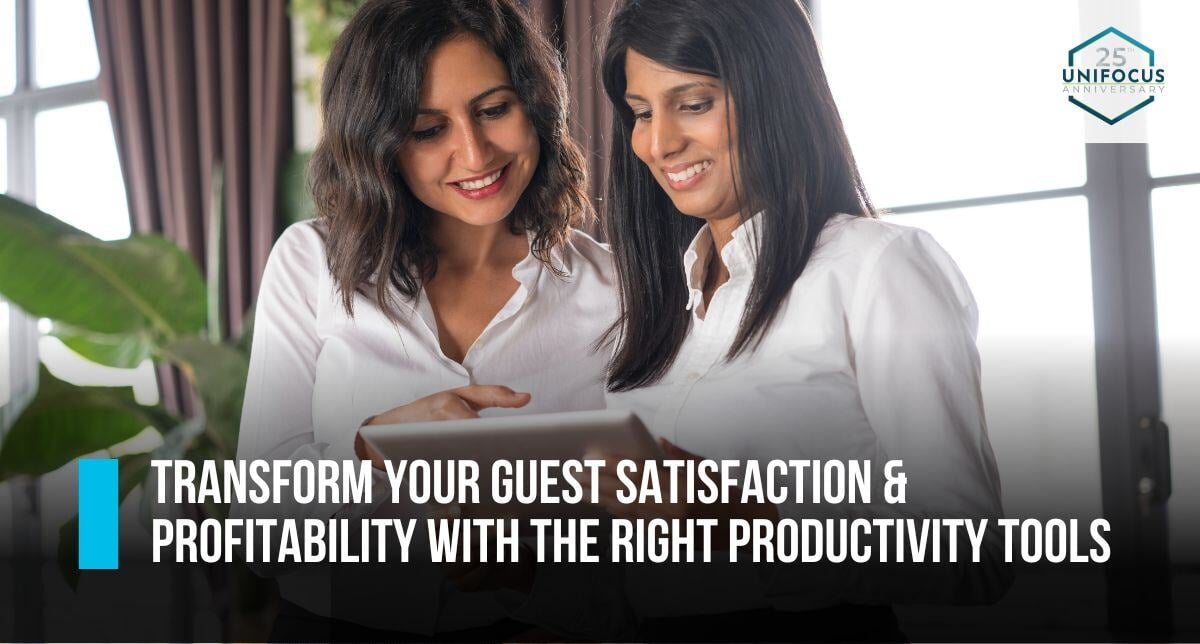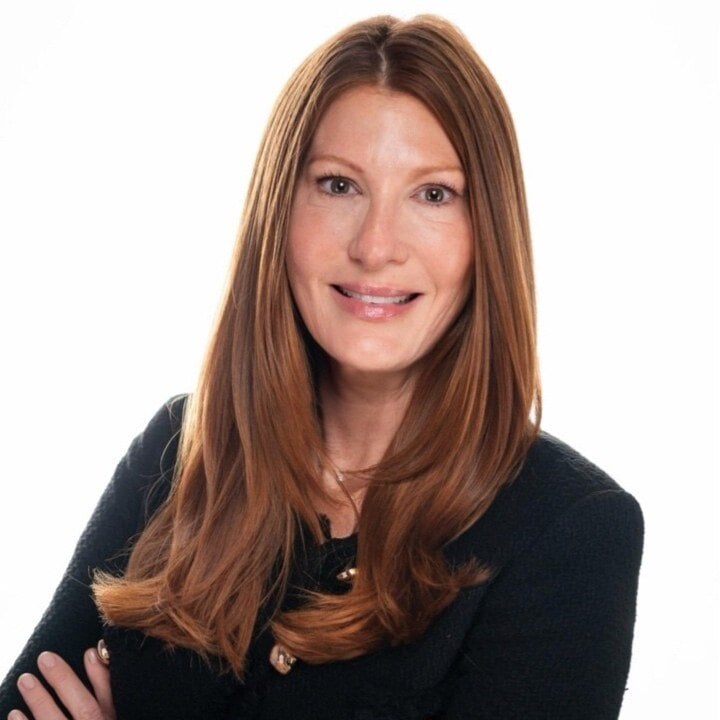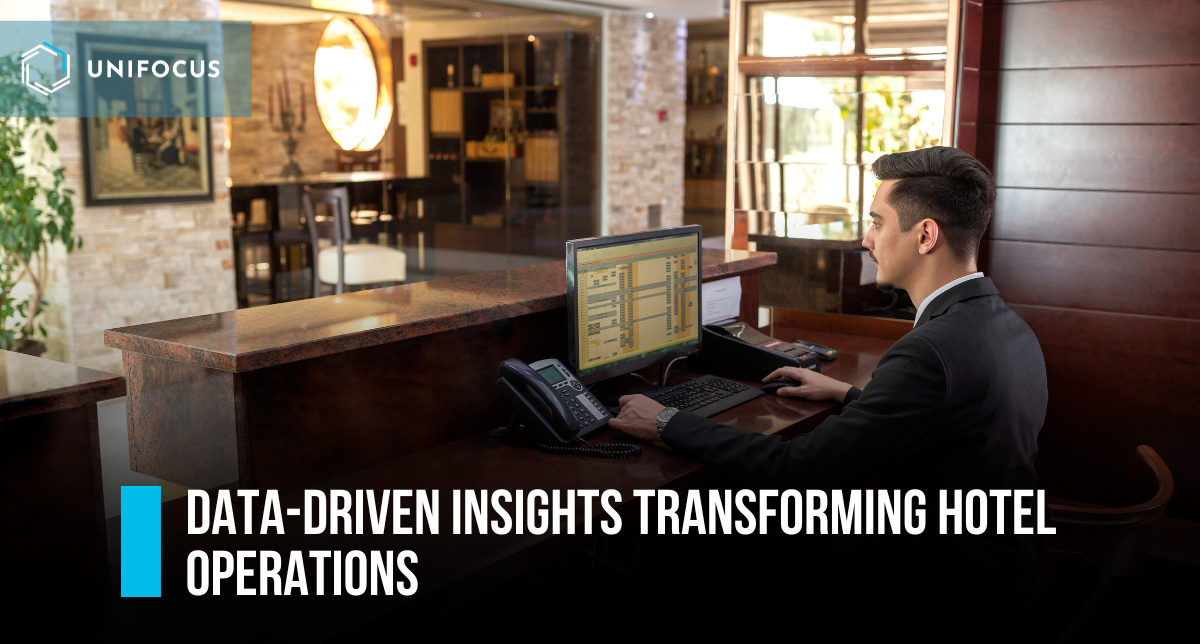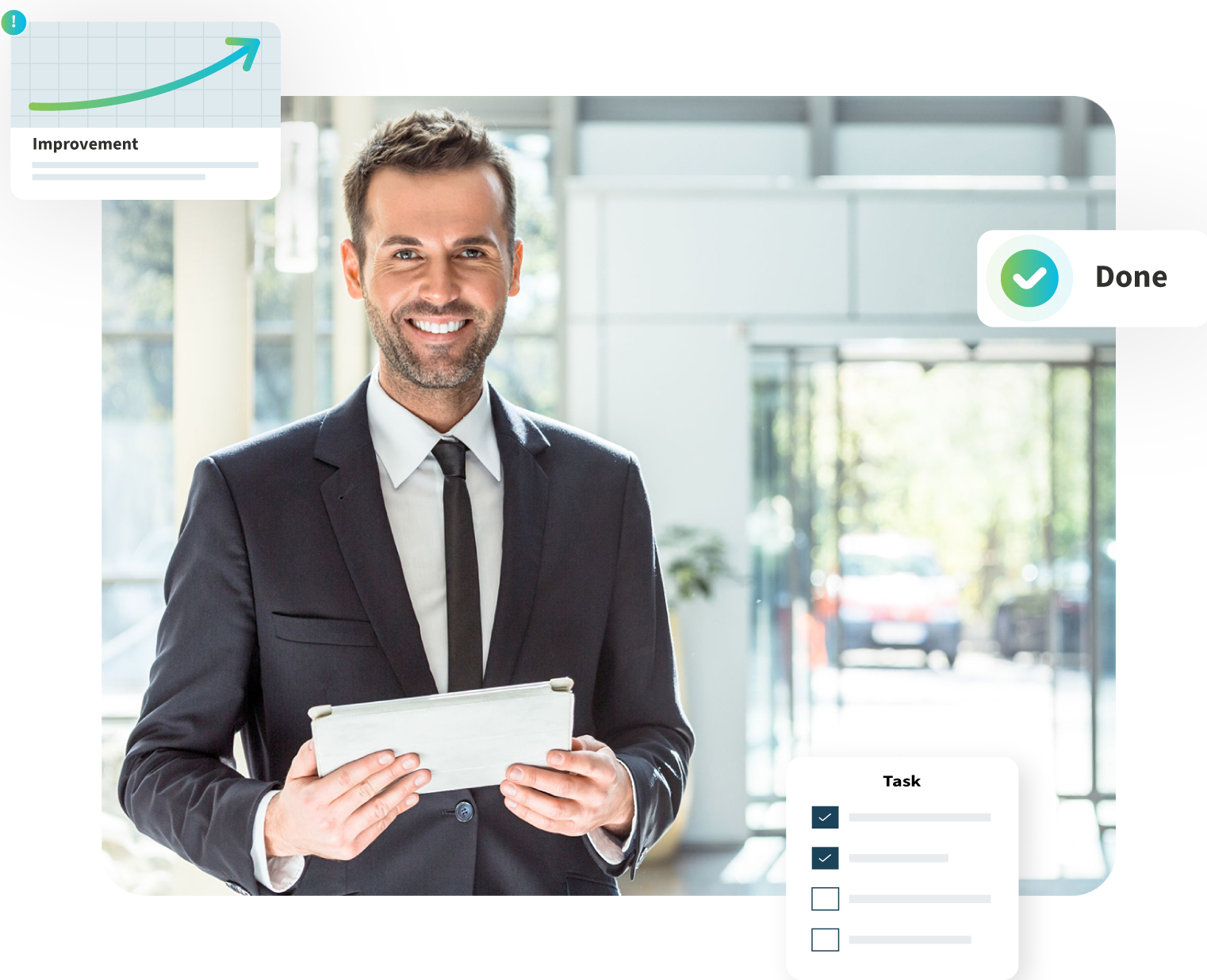Strategies to Boost Efficiency and Measure Success in Hotel Operations
Managing a hotel is a balancing act. You need to provide excellent guest service, manage costs, and ensure that your staff works efficiently. Evaluating productivity is key to achieving this balance. Understanding how to evaluate productivity in the hospitality industry helps hotels improve efficiency, enhance guest experiences, and control labor costs. This guide will show you how to assess productivity, optimize workforce performance, and use the right tools to track key metrics.
Why Productivity Matters in Hospitality
In hotels, productivity directly affects guest satisfaction and profitability. Low productivity can result in slower service, longer wait times, and dissatisfied guests. On the other hand, high productivity allows your team to provide fast, friendly service, making guests feel welcome and improving their overall experience. Evaluating employee performance also helps hotels manage labor costs—often one of the largest expenses in the hospitality industry.
How to Measure Productivity in the Hotel Industry
Hotels have unique needs when it comes to measuring productivity. The right metrics vary depending on the department, from front desk operations to housekeeping. Using the employee productivity tracker tools available today can help streamline these processes, ensuring your team stays on track while meeting guest expectations.
- Housekeeping Productivity: For the housekeeping department, productivity is often measured by the number of rooms cleaned per hour or per shift. An employee productivity tracker can help monitor room turnover rates and the time taken to complete each room, allowing managers to optimize staffing levels and improve service quality.
- Front Desk Operations: In front desk operations, you can measure productivity by tracking check-ins, check-outs, and guest interactions per hour. Employee productivity monitoring tools can provide data on peak times and help optimize scheduling, ensuring that your team handles guests efficiently during busy periods.
- Food and Beverage Staff: In hotel restaurants or bars, productivity might be measured by the number of orders taken, meals served, or drinks prepared per hour. Tools like productivity tracking software can offer insights into how efficiently your team handles orders and identifies areas for improvement, such as reducing wait times or streamlining the order-taking process.
- Maintenance and Engineering: For hotel maintenance teams, productivity can be measured by tracking work orders completed per shift. Using productivity monitoring software, managers can see how long repairs take and assign tasks more efficiently, improving the speed and quality of maintenance services.
Key Metrics for Measuring Workforce Productivity in Hotels
- Guest Satisfaction Scores: While traditional metrics like tasks completed are important, in the hotel industry, guest satisfaction is a key indicator of productivity. High productivity levels often translate into better guest experiences. Use guest feedback and satisfaction scores as a measure of how well your team is performing.
- Labor Cost Percentage: In hospitality, labor costs can quickly spiral out of control if not monitored closely. One way to measure productivity is by tracking labor cost as a percentage of revenue. Lower percentages suggest that your staff is working efficiently without excessive overtime, while higher percentages may indicate a need for improved task management or a better scheduling system.
- Time to Service: Whether it’s the time it takes to check in a guest or the time needed to clean a room, speed matters in hospitality. How to measure productivity often involves looking at how quickly tasks are completed, especially when guest satisfaction is on the line. Use a work productivity tracker to monitor service times and identify areas where you can reduce delays.
- Revenue Per Employee: Calculating revenue per employee is another way to evaluate productivity. This metric helps you see how much each employee contributes to the hotel’s overall financial performance. It’s particularly useful for understanding the return on investment (ROI) from your workforce.
How to Improve Productivity in Your Hotel
Productivity doesn’t improve by chance—it takes careful planning and the right tools. Here are a few strategies to help increase productivity in your hotel:
- Optimize Task Management: Use task management tools to assign specific tasks to employees and track their progress. Whether it’s housekeeping, front desk duties, or maintenance, assigning clear tasks helps employees stay focused and efficient. Productivity tracking tools can automate task assignments based on workload and skill, ensuring that the right people are working on the right tasks at the right time.
- Use Technology to Monitor Productivity: Tools like employee productivity tracking software and employee productivity monitoring tools can provide real-time data on your staff’s performance. With these tools, you can track key metrics, monitor time spent on tasks, and generate detailed reports that highlight areas for improvement.
- Improve Training and Onboarding: A well-trained staff is a productive staff. Ensure that new hires receive thorough training on how to handle guest interactions, complete tasks efficiently, and use technology to manage their workload. Ongoing training programs can help existing employees improve their skills and increase productivity.
- Schedule Smartly: Scheduling impacts productivity. Overstaffing leads to wasted labor costs, while understaffing creates stress and reduces service quality. Use workforce productivity software to analyze guest traffic patterns and optimize staff schedules. By matching the right number of employees to your hotel’s needs, you can ensure smooth operations during both peak and off-peak times.
- Incentivize High Performance: Recognizing and rewarding high-performing employees can also drive better results. Consider implementing a productivity-based incentive program where employees who consistently meet or exceed productivity targets receive bonuses or other rewards. This can foster a competitive yet collaborative culture that motivates the team to do their best work.
How to Measure Staff Productivity in Hotels
Measuring staff productivity in a hotel goes beyond looking at simple output. It’s about understanding how efficiently your team is using their time to serve guests and maintain hotel operations. Here’s how to evaluate it:
- Track Employee Work Hours: Use employee tracking apps to see how long tasks take and compare that data to benchmarks or industry standards.
- Analyze Task Completion: Track how many tasks each employee completes during their shift. Employee productivity apps can automate this tracking and give you insights into which team members are most productive.
- Use a Formula for Productivity: In hotels, the formula Productivity = Output / Input can be applied to measure both task completion rates and labor efficiency. For example, you could divide the number of rooms cleaned by the number of work hours to see how productive your housekeeping team is.
Elevating Productivity in the Hospitality Industry
Evaluating productivity in a hotel requires a careful blend of technology, task management, and performance analysis. By using employee productivity monitoring tools, setting clear goals, and applying the right metrics, you can optimize your team’s efficiency while maintaining high guest satisfaction. Employee productivity software makes it easy to track staff performance and improve operations across your entire hotel.
At Unifocus, we specialize in providing workforce productivity software tailored for the hospitality industry. Our tools help hotels improve employee performance, manage labor costs, and deliver a better guest experience. Ready to elevate your hotel’s productivity? Contact us today for a demo or learn more here.

 How to Evaluate & Improve Productivity in the Hotel Industry?" >
How to Evaluate & Improve Productivity in the Hotel Industry?" >





